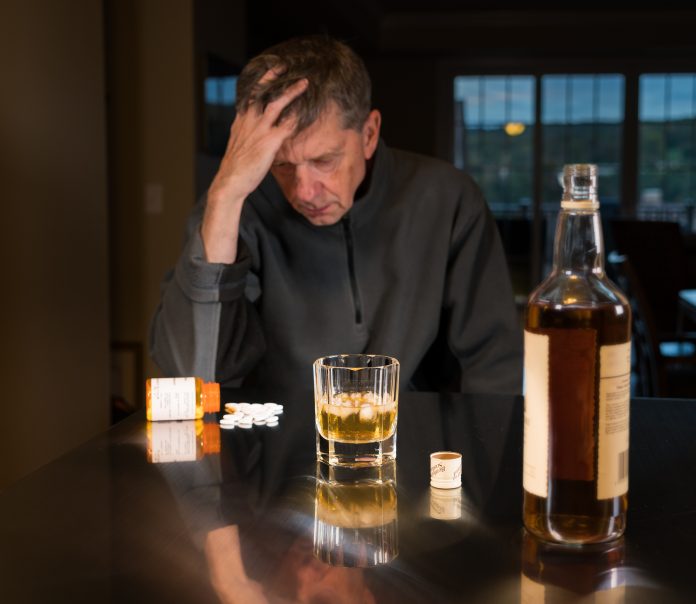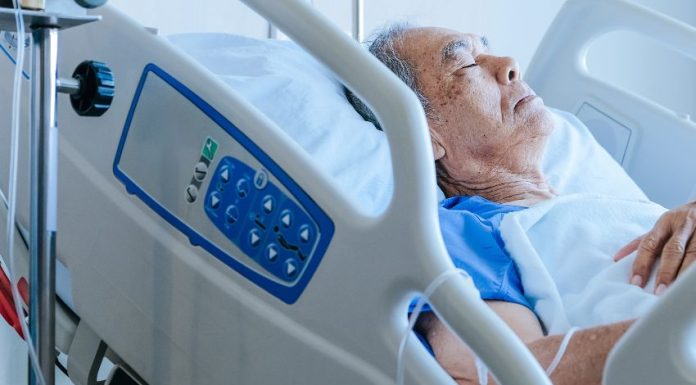Just like those who are younger, abusing alcohol as you age can have negative effects on your health. Alcohol abuse is often missed in seniors and its effects can be worse because of chronic conditions and medications that they are taking. For a healthy senior, moderate drinking consists of less alcohol than it would for those who are younger. As you age and your body metabolizes alcohol differently, the less you are able to safely drink.
What are some of the signs of alcohol abuse in a senior?
- Problems sleeping
- Slurred speech and cognitive impairment
- Agitation and restlessness
- Frequent falls and bruising which can’t be explained
- Dry mouth
- Blurred vision
- Difficulty concentrating
- Poor hygiene and incontinence
- Changes in eating habits, unexplained stomach upset
- Chronic pain for no reason, nausea and vomiting
Seniors who abuse alcohol may lose interest in activities they once enjoyed. They may avoid family and friends which leads to isolation. Some seniors may drink alcohol while taking prescription medication, increasing the effect of alcohol on their bodies. If your loved one takes aspirin which carries a risk of bleeding in the stomach, alcohol can intensify this. Other medications which cause drowsiness, when combined with alcohol can lead to respiratory problems.
When the elderly abuse alcohol you may notice they lie about their drinking habits and/or hide alcohol in their homes. They may tell you they are having a drink to calm their nerves and frequently have several drinks a day.
Heavy use of alcohol can cause:
- Cirrhosis of the liver
- Brain damage
- Changes to the heart and blood vessels
- Cancer
If you suspect a loved one may be abusing alcohol, contact their healthcare provider or another professional who works with seniors. They can help you address any concerns you may have about their abuse of alcohol. To read more on seniors and alcohol abuse, click here.























